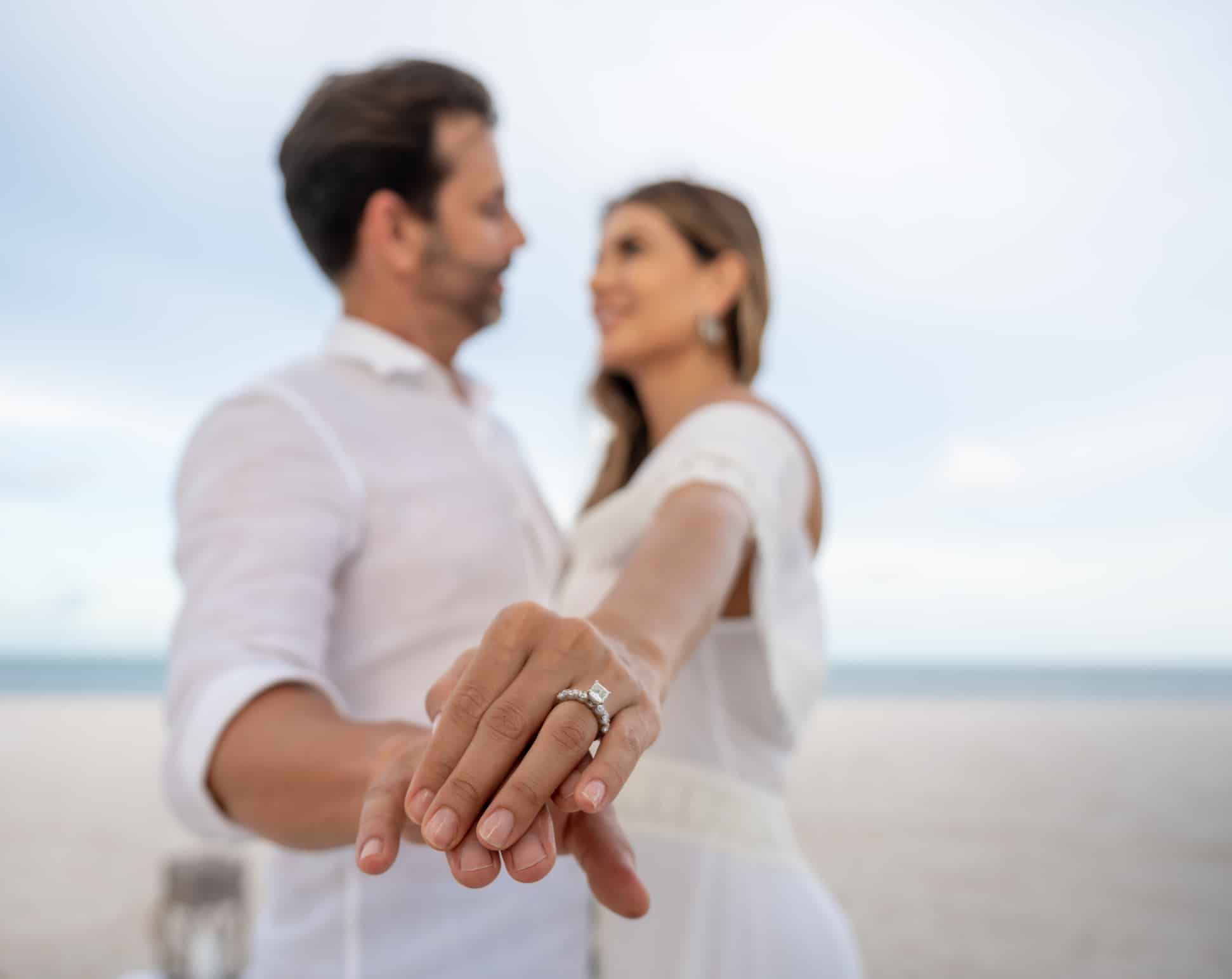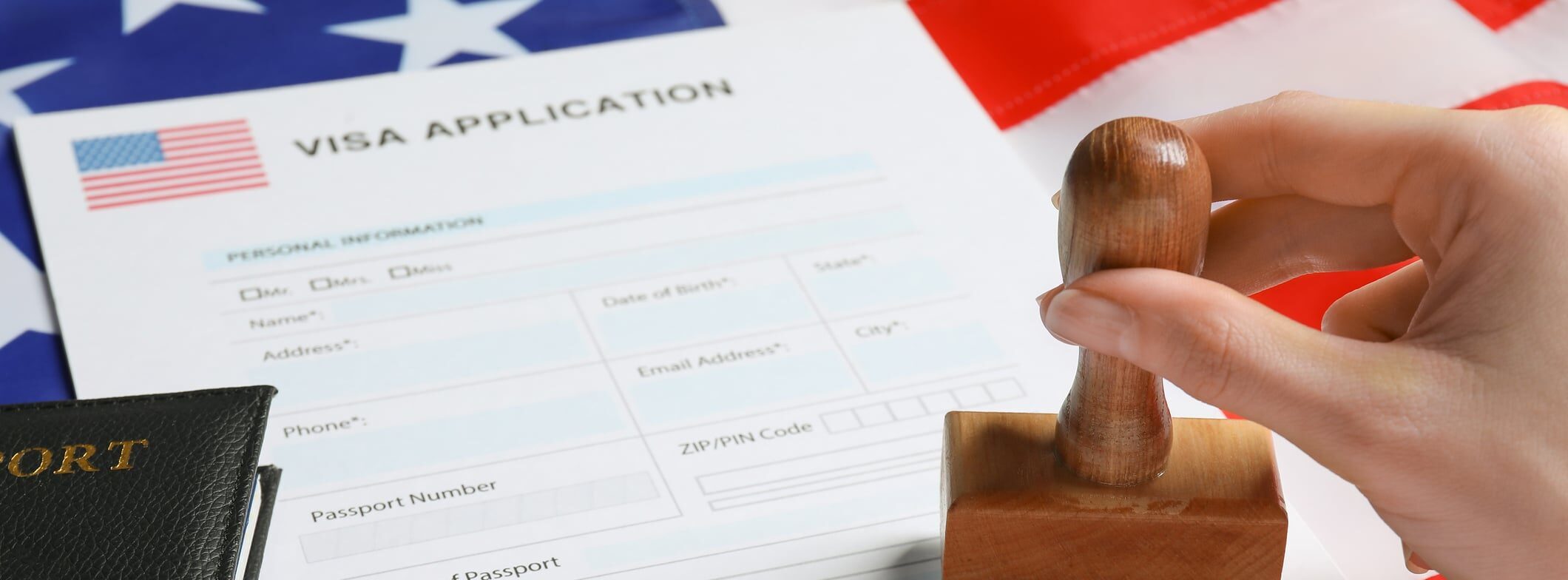What is a K1 Visa?
Immigration law can be complex, particularly when applying for a K1 visa, often referred to as the fiancé’s visa. This visa permits a foreign national to enter the U.S. to marry their American partner. Grasping the legal criteria is essential for a seamless application process, especially for those in Aventura, Florida, who might have specific local concerns or questions.
Essential Forms and Documentation for the K1 Visa
The process starts with the U.S. citizen petitioner submitting Form I-129F, Petition for Alien Fiancé, to the United States Citizenship and Immigration Services (USCIS). This form is pivotal in the K1 visa process as it verifies the authenticity of the relationship between the petitioner and the foreign fiancé. Proof of U.S. citizenship is required, which can be shown through a birth certificate, passport, or naturalization certificate.
In-Person Meeting Rules and Possible Exceptions
A key requirement for a K1 visa is that the couple must have met face-to-face at least once in the two years before filing the petition. This rule emphasizes the importance of a genuine relationship, aiming to deter fraudulent marriages. However, exceptions exist if meeting in person would cause extreme hardship or conflict with strict cultural or religious practices. In such instances, the petitioner must provide substantial evidence to support the waiver request.
Proving Financial Capability
Financial capability is another crucial element of the K1 visa process. The U.S. citizen petitioner must prove they can financially support their fiancé upon their arrival in the U.S. This is typically demonstrated by submitting an Affidavit of Support, Form I-134, detailing the petitioner’s income and assets. The petitioner must meet or exceed 100% of the federal poverty guideline for their household size to ensure the foreign fiancé will not become a public charge.
What are the Steps Following USCIS Approval?
After USCIS approves the petition, it is sent to the National Visa Center (NVC) and afterwards to the U.S. embassy or consulate of the foreign fiancé’s country. At this point, the foreign fiancé must fill out Form DS-160, Online Nonimmigrant Visa Application, and attend a visa interview.
During the interview, the consular officer will evaluate the relationship’s authenticity and the applicant’s eligibility. It is vital for the foreign fiancé to have all necessary documents, including a valid passport, birth certificate, police certificates, and proof of the relationship, such as photos and correspondence.
Medical Examination Obligations
Medical examinations are a required part of the K1 visa process. The foreign fiancé must undergo a medical exam by an approved physician to ensure they do not have communicable diseases or conditions that would make them inadmissible to the U.S. This exam includes vaccinations, a physical exam, and possibly additional tests, depending on the individual’s health history.
What Are the Post-Approval Steps for the K1 Visa?
Once the K1 visa is issued, the foreign fiancé has six months to enter the U.S. and then must marry the U.S. citizen petitioner within 90 days of arrival. Failing to marry within this period could lead to the foreign national having to leave the country or face deportation. After marriage, the foreign spouse can apply for an adjustment of status to a lawful permanent resident, commonly known as obtaining a green card.
Requirements for Dependents and Marriage Intent
The K1 visa process can be challenging, and applicants must diligently meet all requirements and deadlines. If the foreign fiancé has dependents, such as children, they may qualify for K2 visas, allowing them to accompany the fiancé to the U.S. The petitioner must list these dependents on Form I-129F and provide all necessary documentation for each.
Additionally, the petitioner and fiancé must prove their intent to marry within the 90-day period after the fiancé’s arrival in the U.S. This can be shown through wedding plans, such as venue bookings, invitations, or other preparations that indicate a genuine commitment to marriage. Insufficient evidence of intent to marry can lead to the denial of the K1 visa.
What is the Role of an Attorney in the K1 Visa Process?
Hiring an experienced immigration attorney can be invaluable in navigating the complexities of the K1 visa process. An attorney can assist in gathering the necessary documentation, ensuring all forms are accurately completed and submitted on time. They can also help prepare for the visa interview, providing insights into potential questions and advising on how to convincingly present evidence of the relationship.
In cases with complications, such as a previous visa denial or criminal history, an attorney can offer strategic advice on addressing these issues effectively. They can also assist in filing for waivers if the couple has not met in person due to exceptional circumstances. With a knowledgeable advocate, you can navigate the legal landscape confidently and increase the chances of a successful outcome.
Each case is unique, and the nuances of immigration law can vary significantly based on individual circumstances. Consulting with a legal professional who understands the specific challenges and opportunities of the K1 visa process is a wise step. If you are considering applying for a K1 visa, call the Law Offices of Carla A. Anzaldi, P.A., today at 754-289-6645 for a free consultation.




